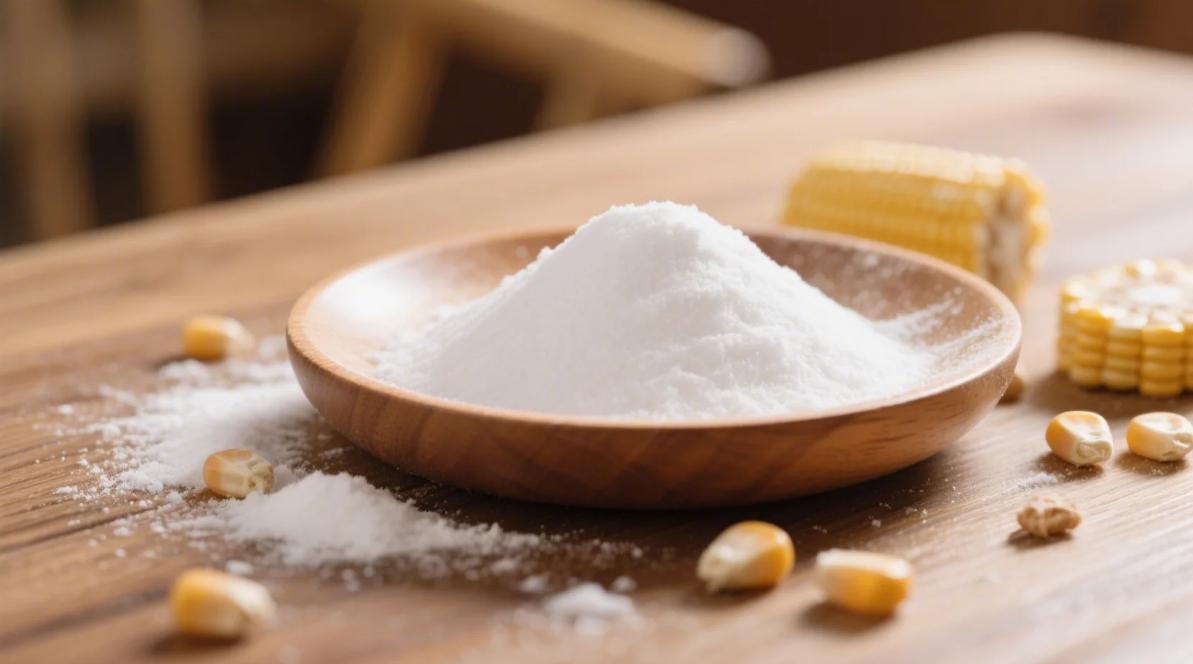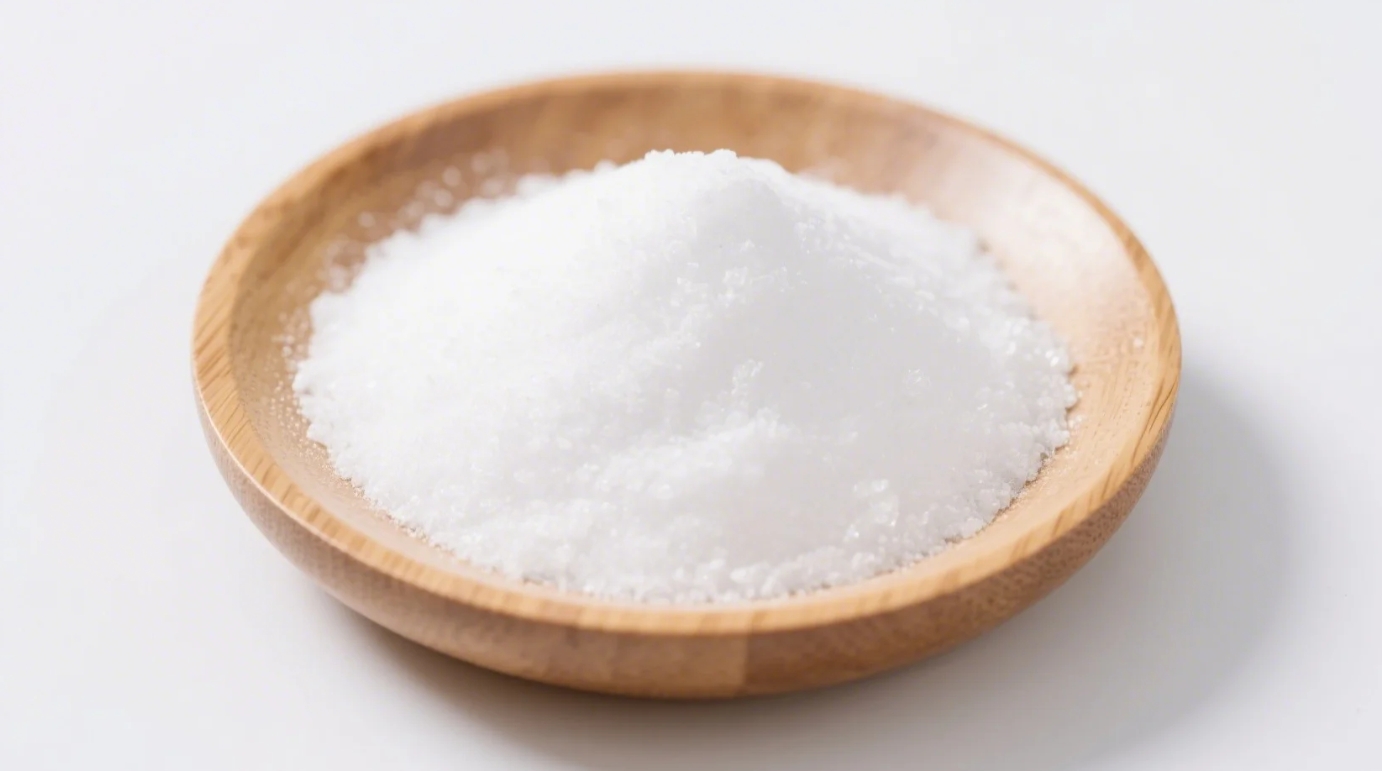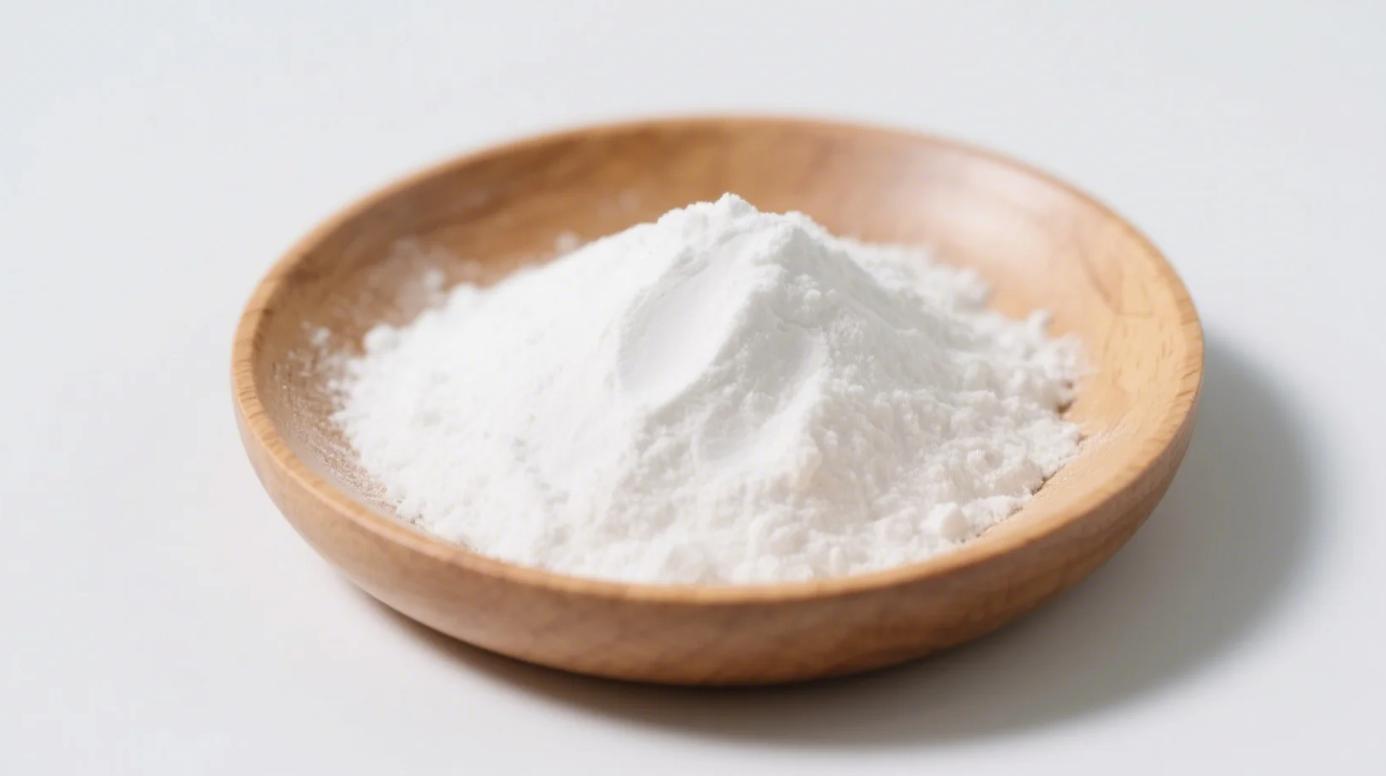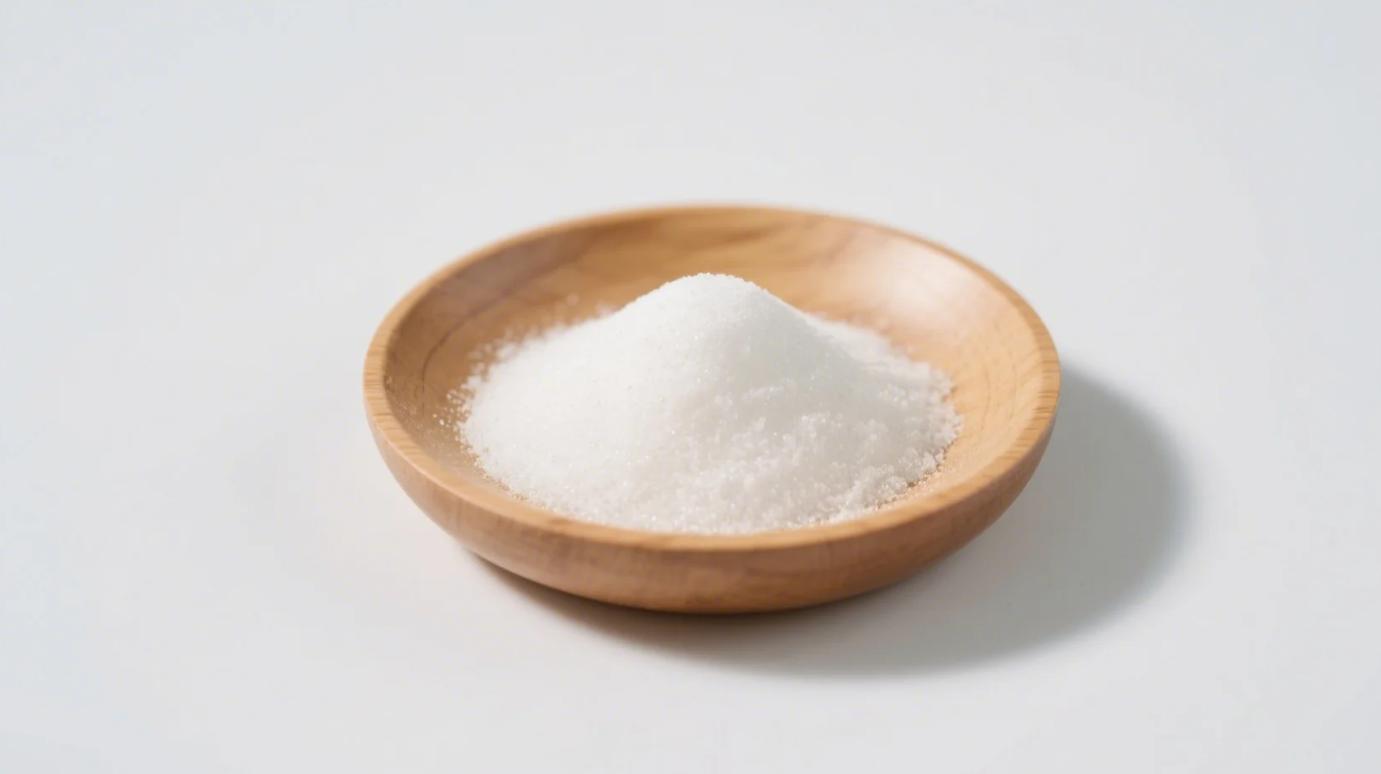1. Safety Reassessed: Navigating the Cardiovascular Controversy
Organic erythritol—a zero-calorie sugar alcohol derived from non-GMO corn or fermented fruits—has long been classified as GRAS (Generally Recognized as Safe) by the FDA and EFSA. However, a 2024 Cleveland Clinic study published in Arteriosclerosis, Thrombosis, and Vascular Biology reignited debates: erythritol was found to activate platelets, increasing clotting risks in healthy volunteers. While critics argue these findings primarily correlate with endogenous erythritol (produced during metabolic stress), not dietary intake, the study underscores the need for long-term clinical trials to reevaluate its safety for high-risk groups.
Key Takeaways:
- Regulatory Stance: Current guidelines permit daily intake ≤45g.
- Risk Mitigation: Cardiovascular patients, pregnant women, and those with IBS should limit consumption.
2. Inflammation & Metabolic Health: A Double-Edged Sword
Erythritol’s role in inflammation is paradoxical. While it acts as an antioxidant in diabetic patients by reducing oxidative stress, in vitro studies suggest platelet activation may exacerbate inflammation in predisposed individuals. Notably, erythritol resists gut fermentation, minimizing bloating compared to xylitol or maltitol, but high doses (>50g) can trigger osmotic diarrhea.
Clinical Insights:
- Anti-inflammatory: Supports endothelial function in healthy users.
- Pro-inflammatory Risks: Caution advised for autoimmune disorders.
3. Who Should Avoid Erythritol? A Risk-Based Guide
| High-Risk Group | Concerns | Alternatives |
|---|---|---|
| Cardiovascular Patients | Platelet activation raises thrombosis risks | Stevia, monk fruit |
| IBS/Gut Sensitivity | Osmotic effects worsen bloating/diarrhea | Allulose, inulin fiber |
| Pregnant Women | Limited safety data | Date syrup, coconut sugar |
| Keto Athletes | Combined sugar alcohols may cause GI distress | Pure erythritol (avoid blends) |
4. Erythritol vs. Stevia: The Sweetener Showdown
| Attribute | Organic Erythritol | Stevia |
|---|---|---|
| Taste & Texture | Mimics sugar’s mouthfeel; no aftertaste | Bitter/licorice notes; often blended |
| Metabolic Impact | Zero glycemic index; no insulin response | May modestly lower blood sugar |
| Applications | Ideal for baking (caramelizes at 160°C) | Best in beverages/tabletop use |
| Sustainability | Solar-dried production (40% lower CO₂) | Water-intensive farming |
Synergy Alert: Blending erythritol with stevia (e.g., Truvia) balances sweetness while mitigating individual drawbacks.
5. Consumer Trends & Ethical Considerations
Why Choose Organic Erythritol?
- Health-Driven Demand: 68% of consumers prioritize low-GI, diabetic-friendly options.
- Clean-Label Appeal: USDA/EU Organic certifications align with pro-environmental and pro-wellness attitudes.
- Ethical Sourcing: Brands like Cosucra use regenerative farming and upcycled agricultural waste.
Price Sensitivity:
- Cost Range: $8–12/kg (powder) vs. $5–7/kg (syrup).
- Bulk Discounts: F&B manufacturers leverage erythritol’s cost-effectiveness in keto snacks (+200% YoY growth).
6. Future Frontiers: Innovation & Market Projections
Tech Breakthroughs:
- CRISPR Engineering: Yarrowia lipolytica microbes boost erythritol yields by 85%.
- Carbon-Negative Production: Solar-powered bioreactors target net-zero emissions by 2030.
Market Growth:
- 2025–2032 CAGR: 8.5%, driven by Asia-Pacific’s “Healthy China 2030” policies (30% penetration in sugar-free beverages).
- Pharma Applications: Stabilizes mRNA vaccines in tropical climates.
7. Consumer FAQs: Beyond Safety
Storage & Shelf Life:
- Optimal Conditions: Airtight containers at ≤20°C prevent clumping (3+ years stability).
- Signs of Degradation: Texture changes or taste deviations.
Ethical Dilemmas:
- Non-GMO Commitment: Prioritize brands with transparent corn sourcing.
- Waste Reduction: Enzyme-fermented erythritol from upcycled fruit byproducts cuts agricultural waste.
Balancing Science & Consumer Trust
Organic erythritol sits at the crossroads of innovation and scrutiny. While emerging cardiovascular studies urge caution, its metabolic neutrality, culinary versatility, and alignment with clean-label trends cement its role in the $1.8B sugar-alcohol market. For consumers, the path forward lies in mindful consumption—pairing erythritol with prebiotics for gut synergy, opting for certified organic sources, and staying informed about evolving research.
Related Products
Organic Xylitol
Natural Sugar Alcohol for Tooth-Friendly, Low-Glycemic Formulations
Organic Inulin
Premium Prebiotic Fiber for Nutraceuticals, Food & Beverage Industries
Organic Erythritol Powder
Clean-Label Sugar Substitute for Food, Beverage, and Keto Products



